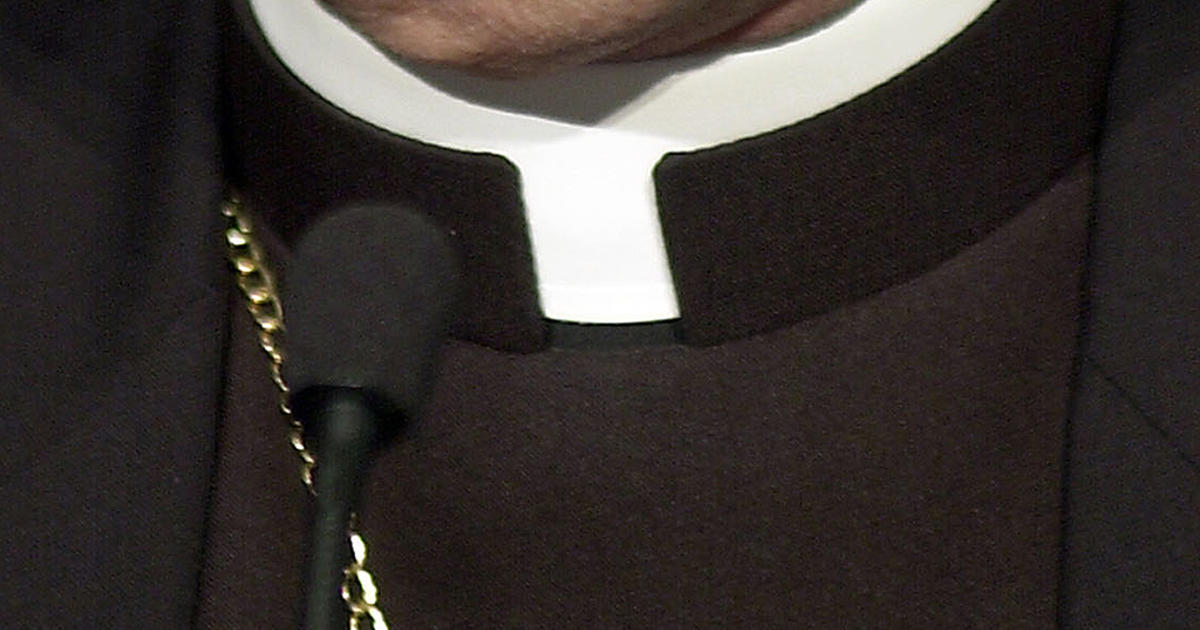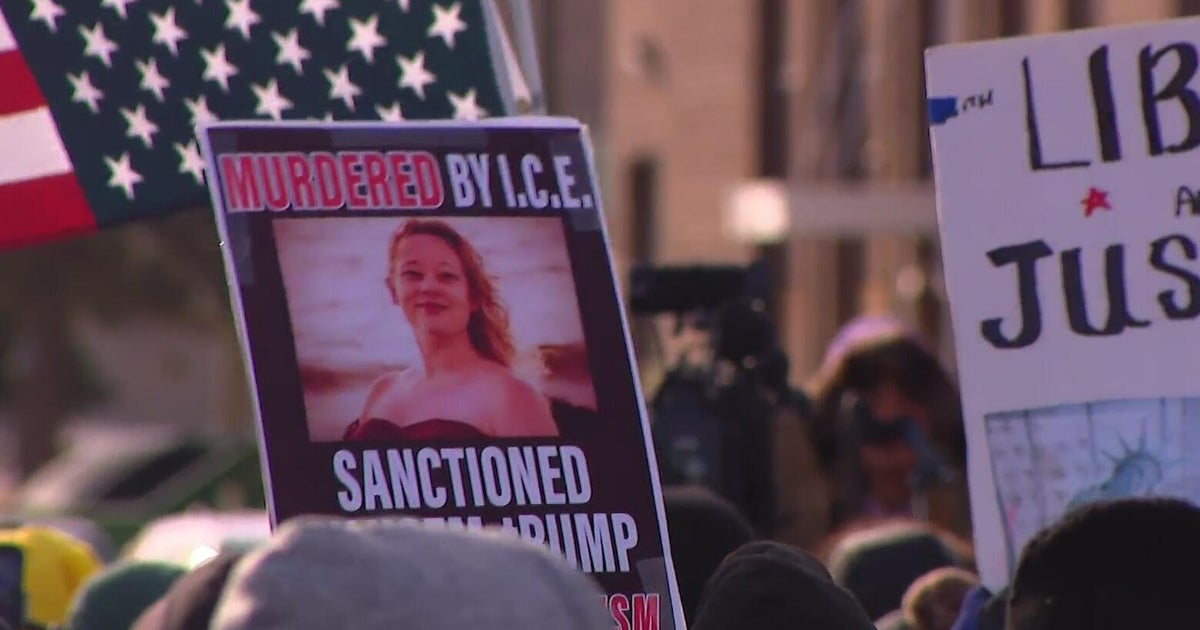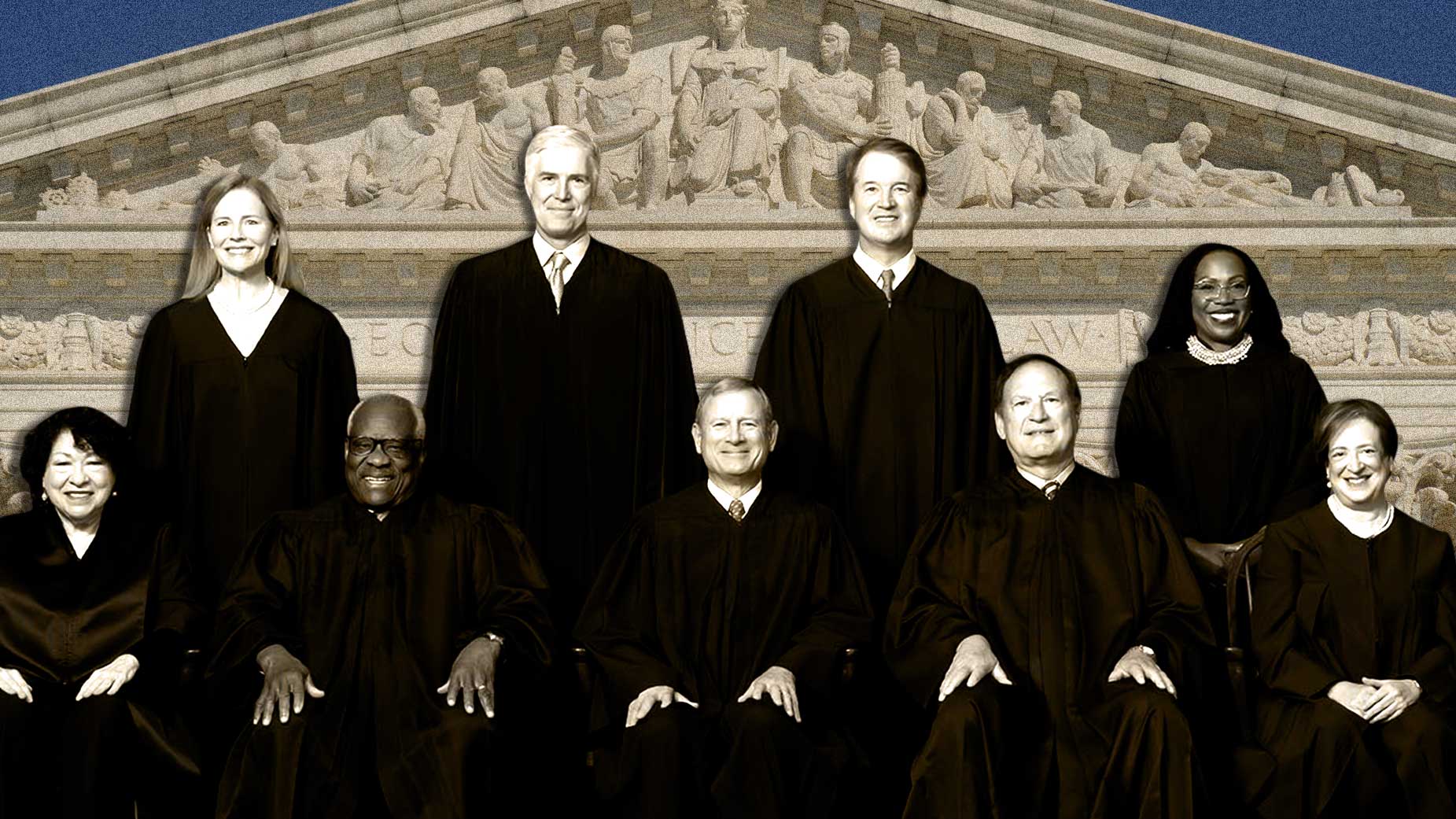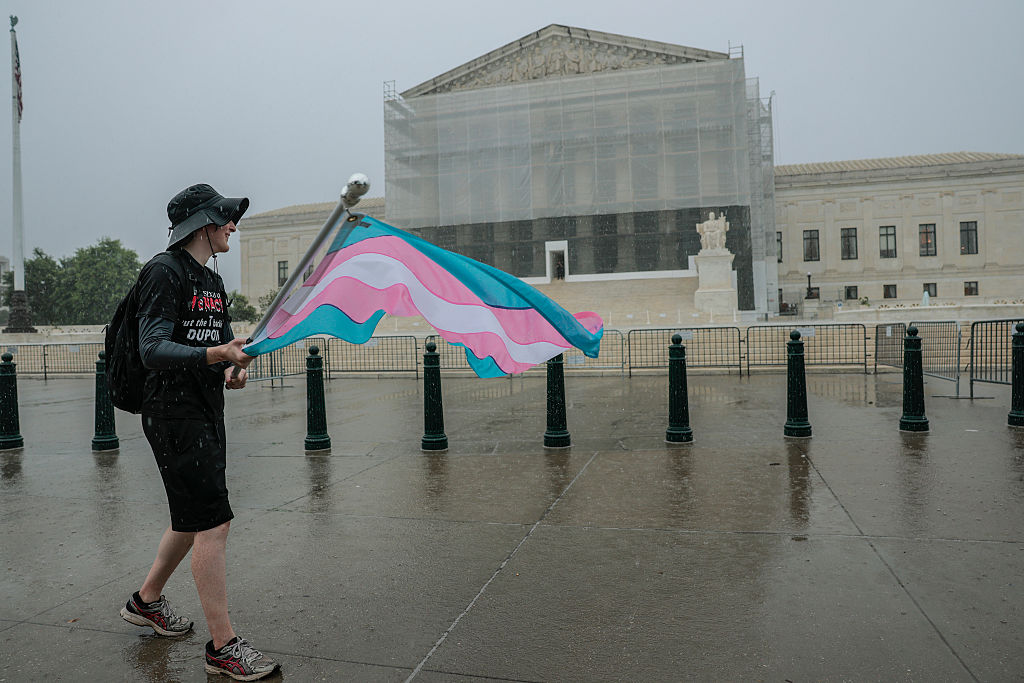Protests erupt after women break decades-long ban on entering Hindu temple
New Delhi -- Two women made history Wednesday when they entered one of India's largest Hindu pilgrimage sites. It had been forbidden to females between the ages of 10 and 50.
In September, the Supreme Court lifted the ban -- which became law in 1972 -- on women worshipping at Sabarimala temple in Kerala state. Despite the ruling, demonstrators including Hindu priests and conservatives continued to block women of menstruating age from entering the centuries-old temple.
On Wednesday, Bindu Ammini, 40, and Kanaka Durga, 39, entered around dawn, BBC News reported. Officers escorted them to the hilltop temple because of "police responsibility to provide protection to any devotee irrespective of gender," Pramod Kumar, the state police spokesman, said.
Fresh protests broke out in several places in the state after the women entered. Protesters blocked several roads and threw stones at law enforcement officials, sparking clashes, said Kumar, adding that police fired tear gas to quell the violence.
Kumar said police were gearing up for more protests on Thursday because several political and Hindu groups have called for a general strike to protest the women's entry. He said authorities would provide "all possible security" to businesses.
On Tuesday, millions of women formed a human chain more than 375 miles long from Kasargod in the northern part of the state to Thiruvananthapuram, the southernmost city and the state capital, to support gender equality.
The Communist Party of India (Marxist), the ruling party in Kerala, said about 5.5 million women participated in the protest, called by the state government.
On Wednesday, hundreds of women in Mumbai, India's financial capital, formed a human chain to express solidarity with the women in Kerala.
The Supreme Court has agreed to re-examine its decision to lift the ban later this month in response to 49 petitions filed against it. Opponents of the ruling say the celibacy of the temple's presiding deity, Lord Ayyappa, is protected by India's Constitution, and that women of all ages can worship at other Hindu temples. Some Hindus consider menstruating women to be impure.
The issue has grown increasingly contentious ahead of India's general election, which is scheduled for April and May, according to the BBC.







